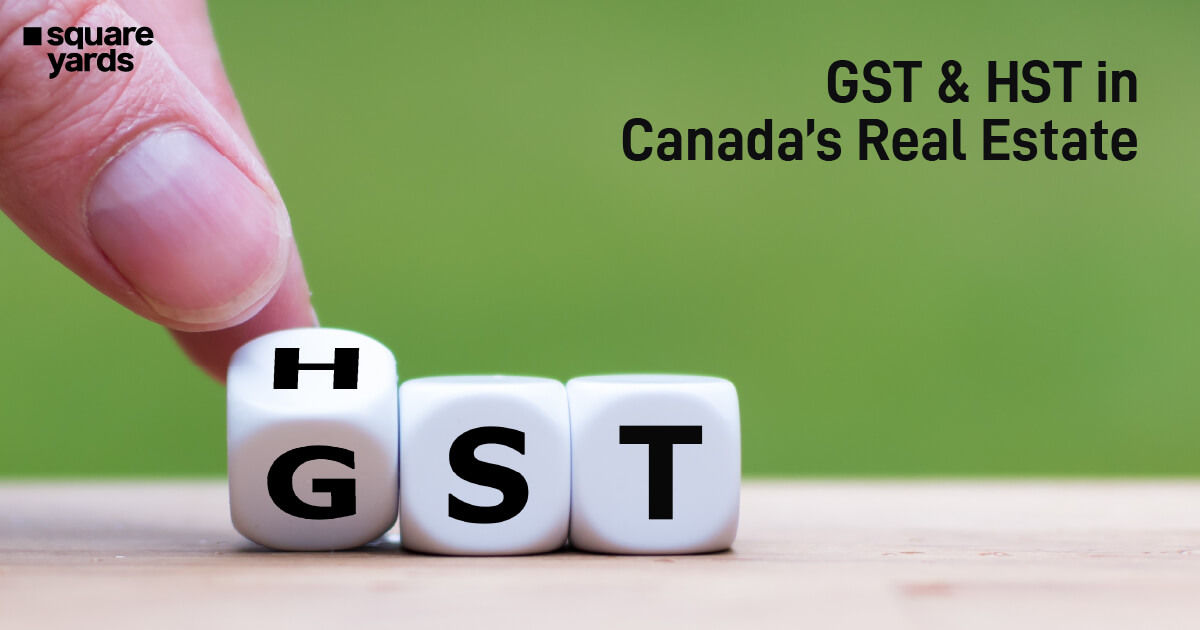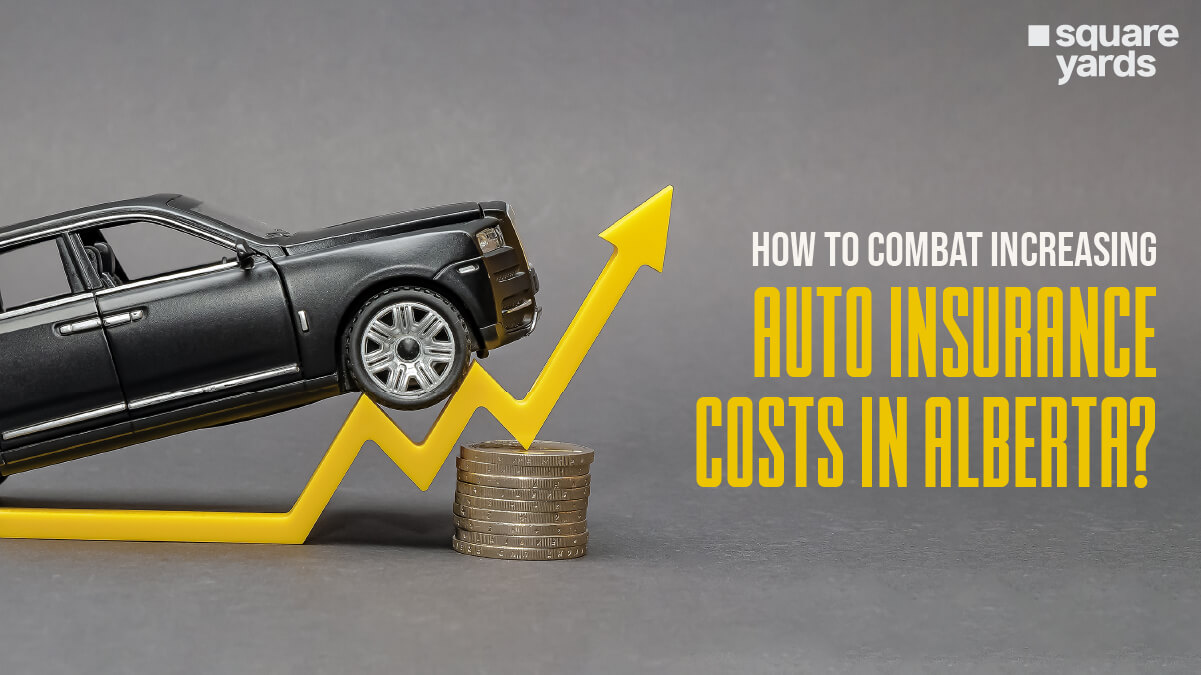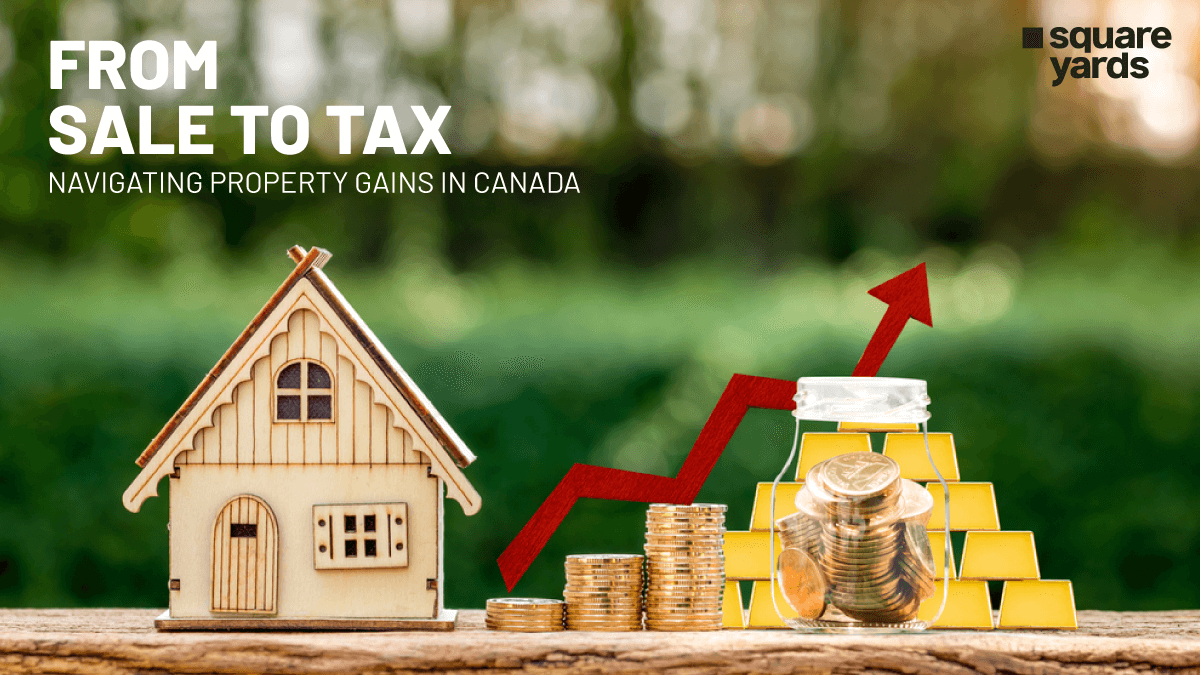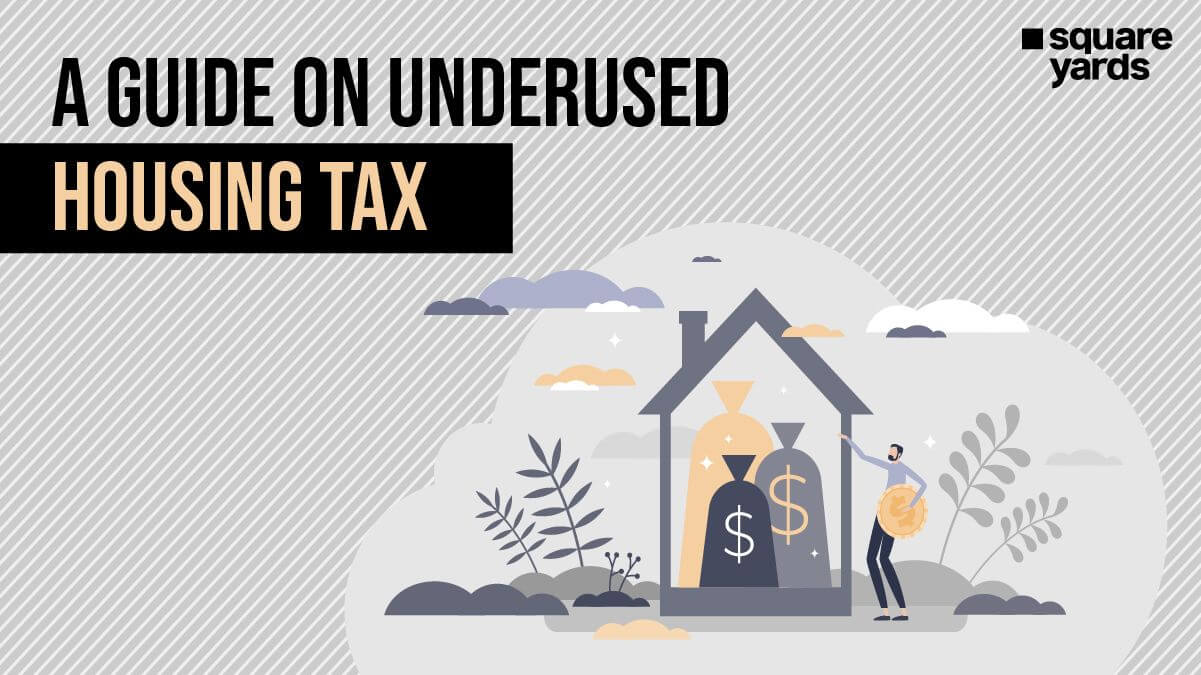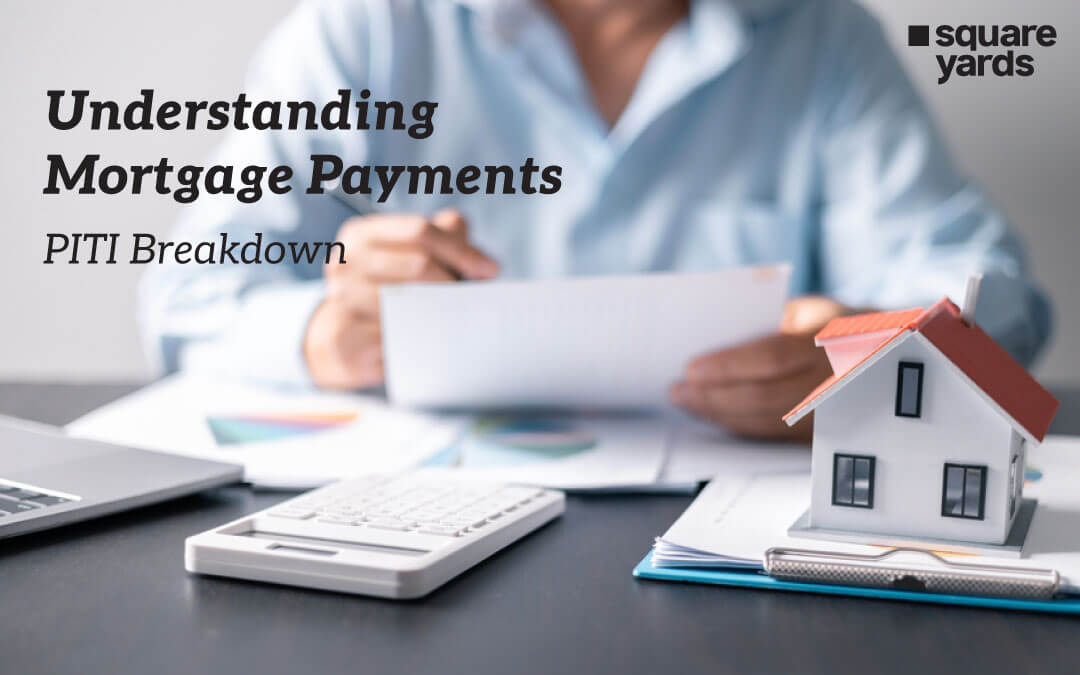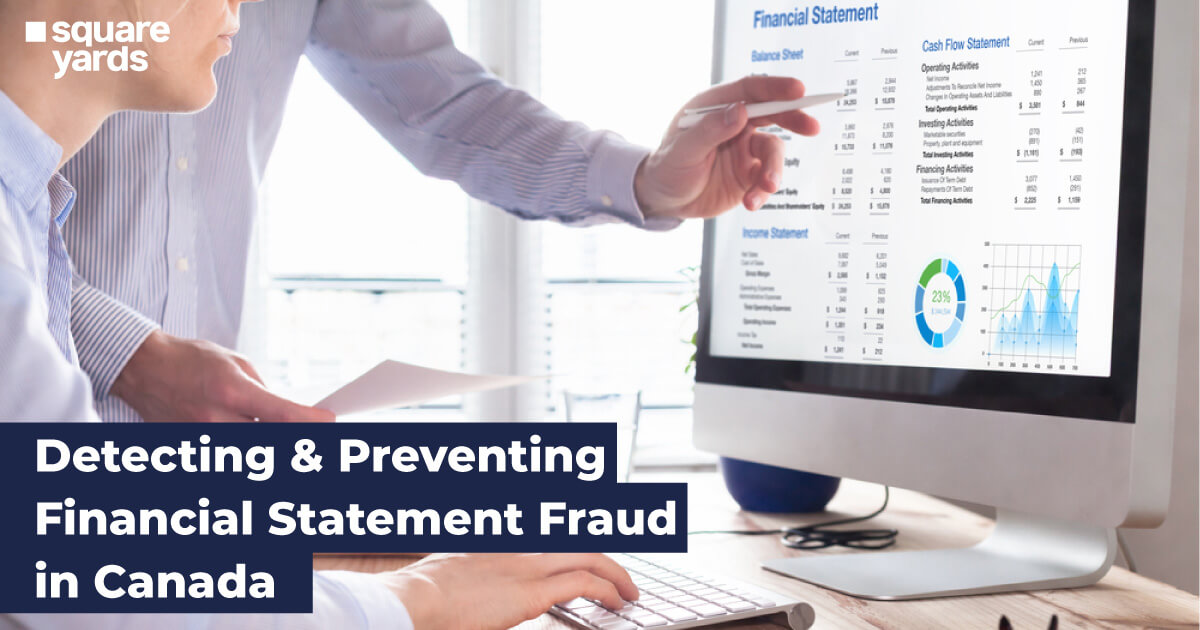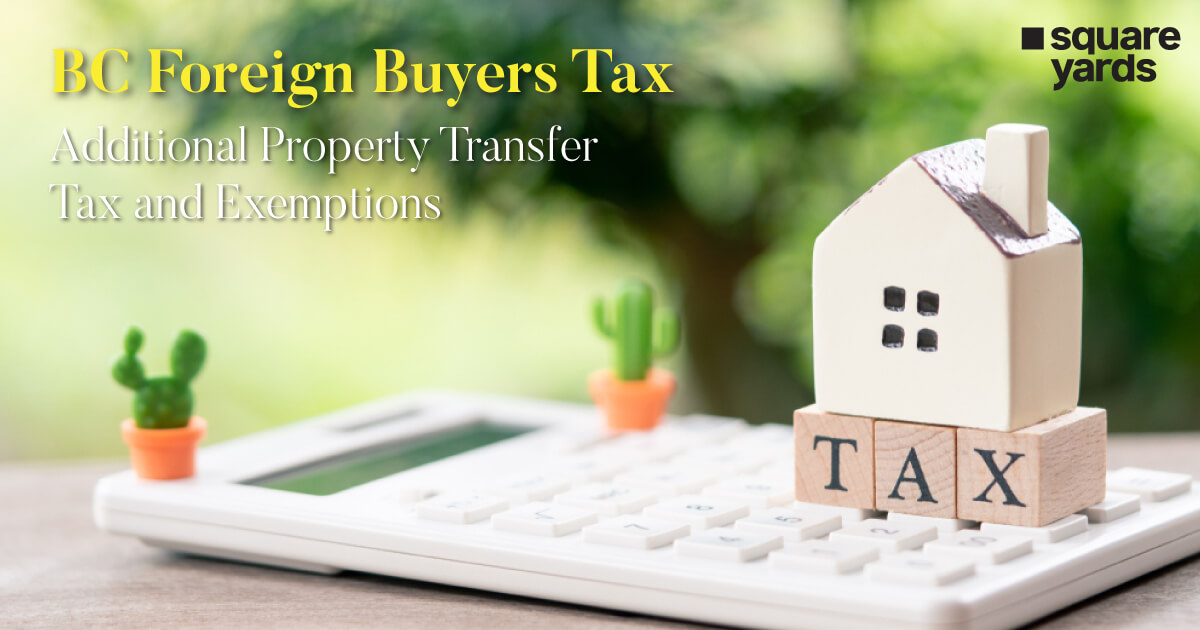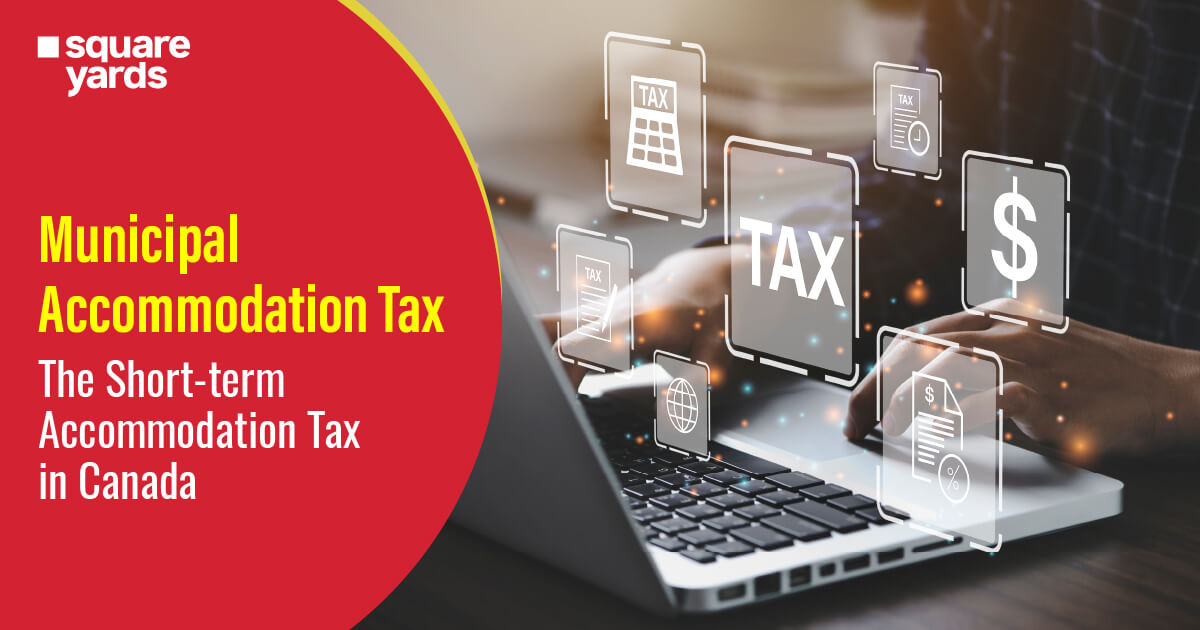The Goods and Services Tax (GST) and the Harmonised Sales Tax (HST) are significant components of real estate transactions in Canada. These taxes can influence buying and selling properties’ costs and legal aspects. The GST is a federal tax, while the HST combines the federal GST and a provincial sales tax. The specific application of these taxes depends on the property type and the transaction’s nature. Understanding the nuances of GST/HST in Canada real estate is crucial for buyers and sellers. This blog discusses the implications of GST/HST On Real Estate In Canada.
Categories of Real Estate Property Subject to GST/HST
Here are the types of properties which are subjected to the GST and HST in Canada:
New Residential Properties
Newly built residential properties, such as houses and condominiums, are subject to GST and HST in Canada. This also includes substantial renovations of existing homes where 90% or more of the interior has been removed or replaced. For instance, if you purchase a new condo in Ontario, the total HST you must pay is 13% of the purchase price. Similarly, if a significant renovation turns an old home into a new one, this property would attract GST or HST, just as a newly built home would.
Commercial Properties
Most commercial real estate transactions are subject to GST and HST in Canada. This includes office buildings, retail spaces, industrial properties, and other non-residential real estate. For example, buying a new office building for your business in Nova Scotia means paying a 15% HST on the purchase price.
Mixed-Use Properties
Properties with both residential and commercial uses may have a portion of the transaction subject to GST or HST, depending on the specific use and allocation of the property. For example, a building with ground-floor retail and upper-floor residential units might see GST or HST applied differently to each part of the property based on usage.
Land Sales
Land sales considered part of a business or commercial activity are subject to GST and HST in Canada. This includes land sold by developers or land sold for commercial development. For example, GST or HST would apply if a developer sells parcels of land for constructing new commercial buildings.
HST-Applicable Services
Various services related to real estate transactions require the payment of HST, including:
Real Estate Commissions

When you sell a property, the commission paid to the real estate agent is subject to HST. The rate depends on the province where the transaction occurs. For instance, the commission fee for selling your home will include a 13% HST in Ontario.
Legal Fees
Legal services provided during the purchase or sale of real estate, such as drafting contracts and conducting title searches, are subject to HST. A lawyer’s fee for handling the sale of a property in New Brunswick would include a 15% HST.
Home Inspection Fees
Fees paid to home inspectors for evaluating the condition of a property are subject to HST. If you hire a home inspector in British Columbia, a GST of 5% will be added to the inspection fee.
Moving Costs
Professional moving services, including packing, transportation, and unpacking, are also subject to HST. For example, hiring a moving company in Ontario means paying 13% HST on the total moving costs. These services incur HST because they are considered taxable supplies under Canadian tax law. When engaging in any service related to real estate, it is essential to account for the additional cost of HST in your budget.
Calculating GST/HST on Real Estate Transactions in Canada
The calculation of GST or HST for real estate transactions depends on the property’s location and the nature of the transaction. Here are the details:
GST Calculation
The GST is a flat rate of 5% across Canada. This tax applies to the purchase price of the property and is typically added at the point of sale.
HST Calculation
The HST rate varies by province, combining the 5% federal GST with a provincial sales tax. For instance, in Ontario, the HST rate is 13%, while in Nova Scotia, it is 15%. The total HST is calculated by applying the combined rate to the purchase price of the property.
Identifying Real Estate Transactions Exempt from GST/HST
Not all real estate transactions are subject to GST or HST. Several exemptions apply, including:
Resale Residential Properties
The purchase of previously owned homes is generally exempt from GST and HST. This exemption applies because the tax was likely already paid when the property was sold as a new home. For example, buying a previously owned house in Alberta means you don’t have to pay the 5% GST again.
Long-Term Residential Rents
Rental income from long-term residential leases (typically longer than one month) is exempt from GST and HST. This includes apartment rentals, long-term house leases, and similar arrangements. Thus, landlords do not charge GST or HST on rent collected from tenants.
Certain Vacant Land Transactions
Sales of vacant land by individuals may be exempt from GST and HST, particularly if the land is intended for personal use and not for commercial development. For instance, selling a plot of land to a neighbour who intends to use it as part of their backyard may not attract GST or HST.
Mortgage Brokerage Fees
Fees paid to mortgage brokers for arranging financing are generally exempt from GST and HST. This exemption helps reduce the overall cost of securing a mortgage, making it more affordable for homebuyers.
How GST/HST is Factored into Real Estate Purchase Prices?
In some cases, GST or HST can be included in the purchase price of the property, a practice known as “tax-included pricing.” This is common in selling new homes, where builders may market properties at a price that includes all applicable taxes.
Benefits of Tax-Included Pricing
-
- Transparency: Buyers know the total cost upfront without calculating additional taxes.
- Simplicity: Reduces the need for buyers to arrange separate payments for taxes at closing.
Is GST/HST Applicable to Home Renovations?
GST and HST apply to home renovation services. Contractors providing renovation services must charge GST or HST on the total cost of their services, including both major renovations and minor home improvements.
Examples of Taxable Renovation Services:
-
- Structural changes (e.g., adding rooms, removing walls)
- Kitchen and bathroom remodels
- Electrical and plumbing upgrades
- Landscaping and exterior improvements
Is GST/HST Applicable When Purchasing Vacant Land?
The applicability of GST or HST on vacant land purchases depends on several factors, including the seller’s status and the land’s intended use.
Commercial Sales
GST or HST will likely apply if the seller is a developer or the land is sold as part of a business. For example, land sold for commercial development or subdivision is typically subject to GST or HST.
Personal Use
If the land is sold by an individual and intended for personal use (e.g., building a primary residence), it may be exempt from GST or HST. However, certain conditions must be met to qualify for this exemption.
Example:
-
- A developer selling a parcel of land for a new housing project must charge GST or HST.
- An individual selling a piece of land they have owned for personal use and not as part of a business may not have to charge GST or HST.
You May Also Read :
|
Know The Tax Deductible Mortgage Strategies |
|
|
Explore Safeguard Insurance Tips |
|
|
Guide To BC Foreign Buyers Tax |
|
|
All About Property Tax Bill in Canada |
Frequently Asked Questions (FAQs)
Is there an HST on real estate in Ontario?
Yes, the HST applies to the sale of new residential properties and most commercial properties in Ontario. Resale residential properties are generally exempt from HST.
How much is the GST on real estate?
The GST is a flat rate of 5% across Canada. However, in provinces that use the HST, the rate combines the 5% GST with a provincial sales tax component, varying by province.
Who pays HST on house sales in Ontario?
In Ontario, the buyer typically pays the HST on new residential properties. For resale homes, HST does not usually apply. It is crucial to confirm with the seller or builder whether the purchase price includes HST.
Do I have to pay GST on a property purchase?
Whether you have to pay GST on a property purchase depends on the property type. Newly constructed homes, substantial renovations, and commercial properties generally attract GST or HST. Resale residential properties are typically exempt from GST.

